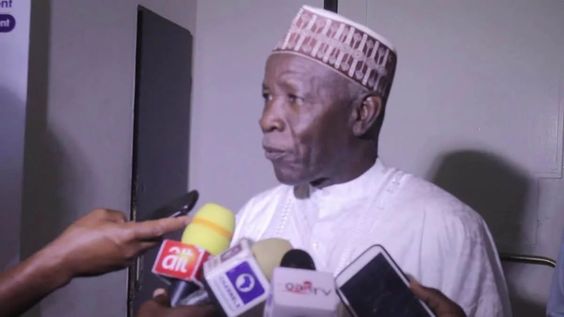Politics
Supreme Court’s decision to retain Yusuf as the Governor of Kano prevented Nigeria from descending into turmoil – Galadima

Buba Galadima, a prominent member of the New Nigeria People’s Party (NNPP), has expressed his relief that the Supreme Court did not sack Governor Abba Yusuf of Kano State during its recent judgements.
Galadima commended President Bola Tinubu of the All Progressives Congress (APC) for not interfering with the judiciary, despite his party’s involvement in the matter. He believes that if the Supreme Court had ruled differently, Nigeria could have faced serious unrest.
Galadima also acknowledged the peaceful atmosphere that has prevailed in the country since the judgements were delivered.
The Supreme Court’s decisions in the governorship disputes, particularly in Kano, Zamfara, and Plateau, have been seen as significant, as they overturned the verdicts of lower courts and reinstated the governors in those states.
This outcome has been welcomed by the NNPP and the Peoples Democratic Party (PDP), who now have control over Kano, Plateau, and Zamfara. Prior to the judgement, there was tension and anxiety in Kano, which has been a battleground between APC and opposition politicians.
The winner of the March 2023 election in Kano, who was initially declared as the winner by the electoral umpire, was later sacked by both the tribunal and the appellate court. This decision led to demonstrations in Kano, marked by pockets of violence. However, Yusuf, the candidate from NNPP, appealed to the apex court and his sack was reversed.
He was declared as the duly elected governor, which resulted in widespread jubilation among NNPP supporters and Kwankwasiyya members in Kano.
Galadima, speaking on Channels Television’s Sunday Politics, alleged that there was a plan to forcefully take power from NNPP in Kano, as the party had previously ousted APC from power. He congratulated the Supreme Court for restoring the honor and dignity of the judiciary. Galadima also emphasized the importance of the Supreme Court’s ruling, stating that if it had been different, there would have been a loss of confidence in the judiciary and people would hesitate to seek redress from the Supreme Court.
